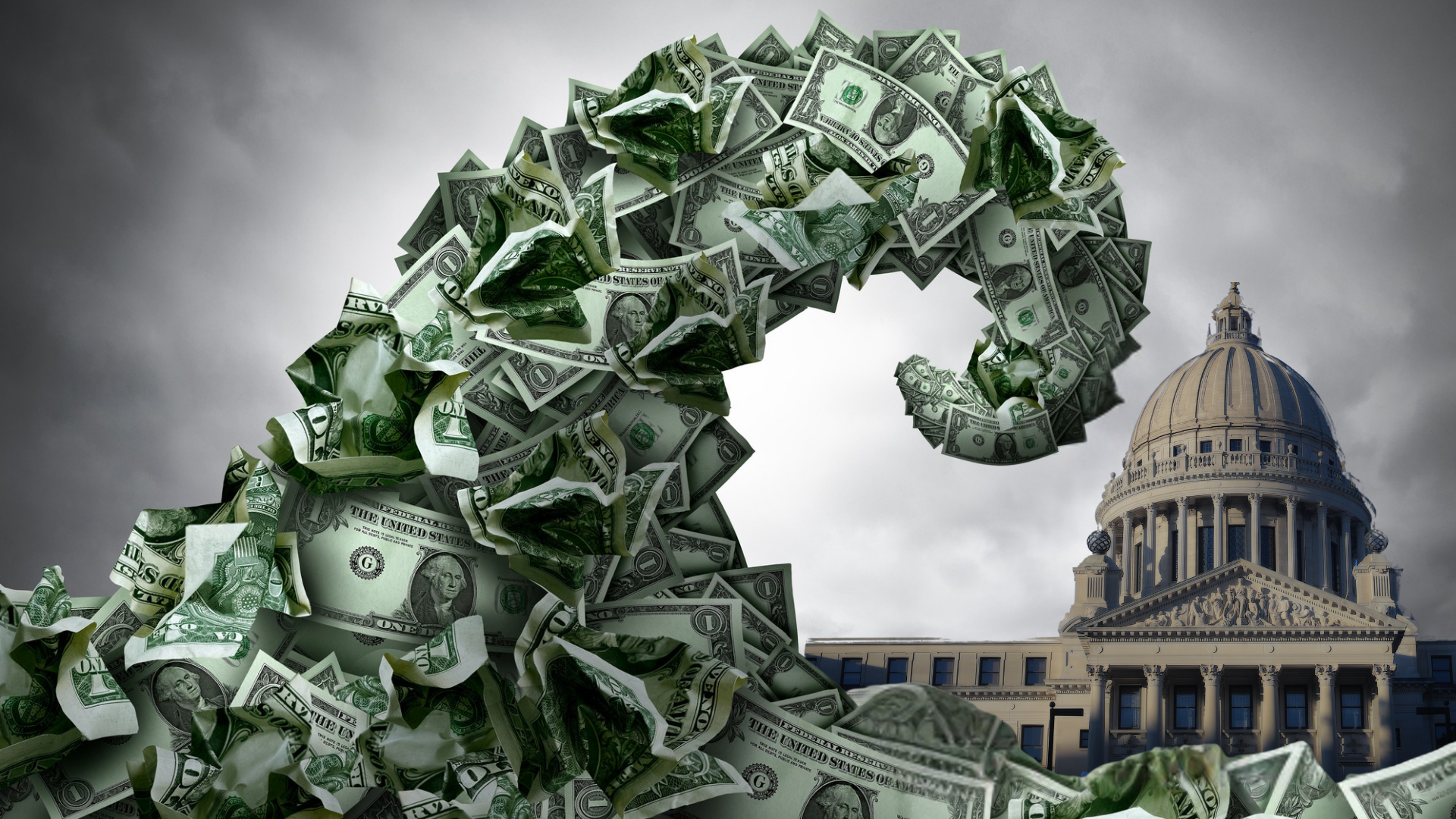Five hundred years ago Martin Luther said that if you are going to sin, sin boldly. For the sake of the state budget, the governor and lawmakers who voted for recent "sin" tax increases are quietly hoping that is just what Washingtonians will do.
Not content with the projected 7% ($1.7 billion) increase in revenue that will occur because of the economy’s natural expansion, the legislature decided to raise an assortment of "sin" taxes to finance a 12% increase in state spending. Unfortunately, not only do sin taxes often generate less revenue than expected, but they are also a very unstable source of revenue.
The legislature raised the cigarette tax by 60 cents per pack, to bring the total state tax up to just over $2.00 per pack (the third highest in the nation). The new revenue is supposed to fund teacher pay raises and classroom size reductions. This came just four years after Initiative 773 increased the cigarette tax from 82 cents to $1.42 per pack. In that instance, the primary reason for raising the tax was to further subsidize health care through the state’s Basic Health Plan.
But actual collections under I-773 have been $2.5 million less than expected. Cigarette sales decline about 1% or 2% each year. Raising the tax pushes consumers to seek cigarettes out of state or from Indian reservations, or it cuts how much they buy. The state Department of Revenue estimated $220 million in lost revenue in 2003 due to people buying cigarettes via semi-illicit or downright illegal means.
On the one hand, sin taxes provide a politically convenient revenue source. No one ever opened up a newspaper the day after an election and read the headline "smokers, drinkers, and gamblers strike back." Lawmakers believe they can create and raise sin taxes without fear of political reprisal.
On the other hand, lawmakers need to decide: Are these taxes intended to raise revenue, or influence people’s behavior by discouraging certain activities? Regardless of the answer, the folks in Olympia are in a quandary.
If sin taxes are supposed to raise revenue, why do lawmakers openly admit their intention to tax the sins away, and why do they usually end up funneling a portion of sin tax revenue into programs intended to discourage and prevent the very activities that generated the revenue? If sin taxes are supposed to discourage certain activities, why do legislators link important programs such as health care and teacher salaries to a questionable revenue source? What happens if that tax revenue falls because the programs work and people stop smoking, drinking, and gambling?
If the state taxes sin in order to discourage it, how can it then operate the most widespread gambling operation in Washington—the lottery? In 2004, the state saw $481 million in lottery sales, and the Lottery Commission estimates that at least 60% of Washingtonians play at least one state lottery game.
The contradictions of Washington's sin taxes have real economic implications. The 2005-07 budget contains about $225 million in projected cigarette and liquor tax revenue. Governor Gregoire recently held a press conference announcing that cigarette and liquor use is declining in Washington. That is good news, unless of course you are scrambling to fund a 12% increase in state spending. When lawmakers close a budget "deficit" (that is, increases in revenue not matching increases in planned spending) with sin taxes, the results are always the same: actual revenue falls short of projections, and a new "deficit" results. Unwilling to control spending, lawmakers then increase or create more taxes to get more revenue. In the long run, sin taxes feed the vicious cycle of state budget deficits.
Sin taxes also hurt our economy. Santo Roman, owner of Fine Wine and Cigars in Redmond, told the Senate Ways and Means Committee in April that his company had to close two stores because the high tax rate encouraged people to buy their products elsewhere. Ann Packer from the Tinderbox stores of Tacoma and Puyallup testified that her company had to close two stores and layoff 30% of its workforce. These employees were earning good wages and full health benefits.
Lawmakers want it both ways. They want to discourage people's bad habits while raising money off those same habits. The moral and economic contradictions of high sin taxes, however, make for irresponsible public policy.




